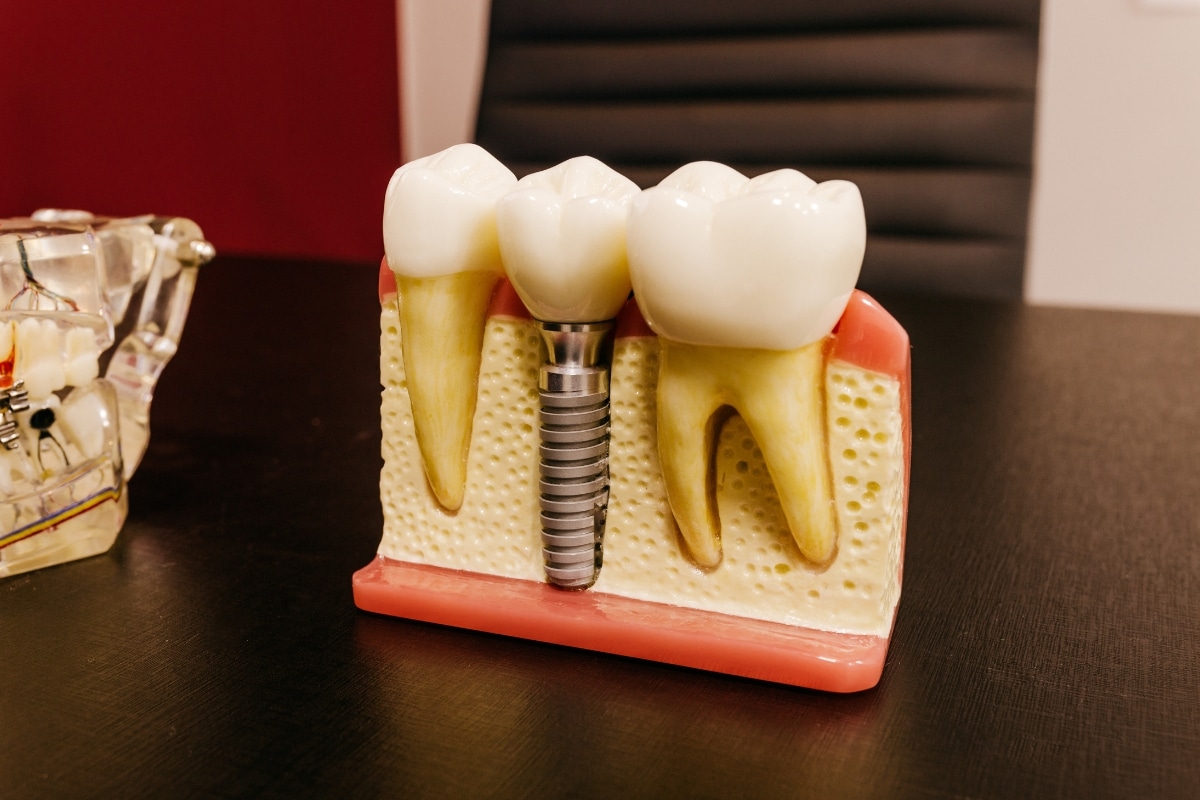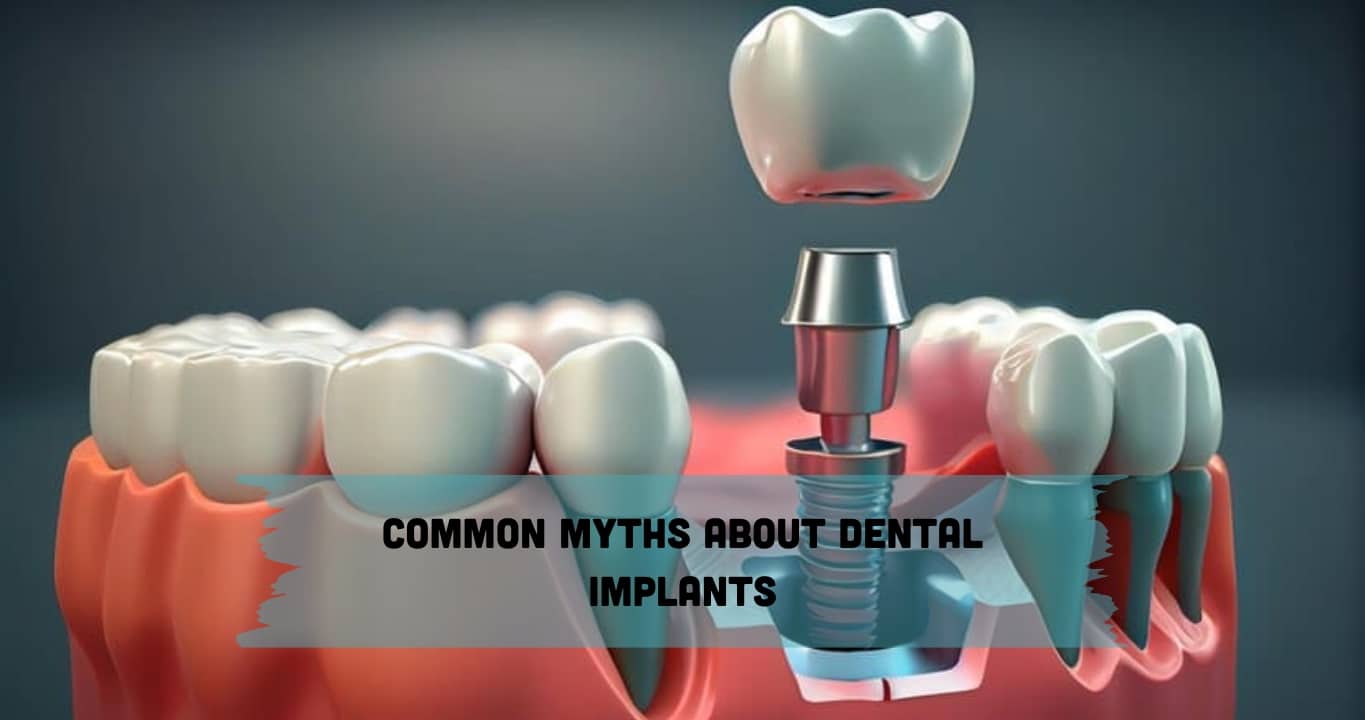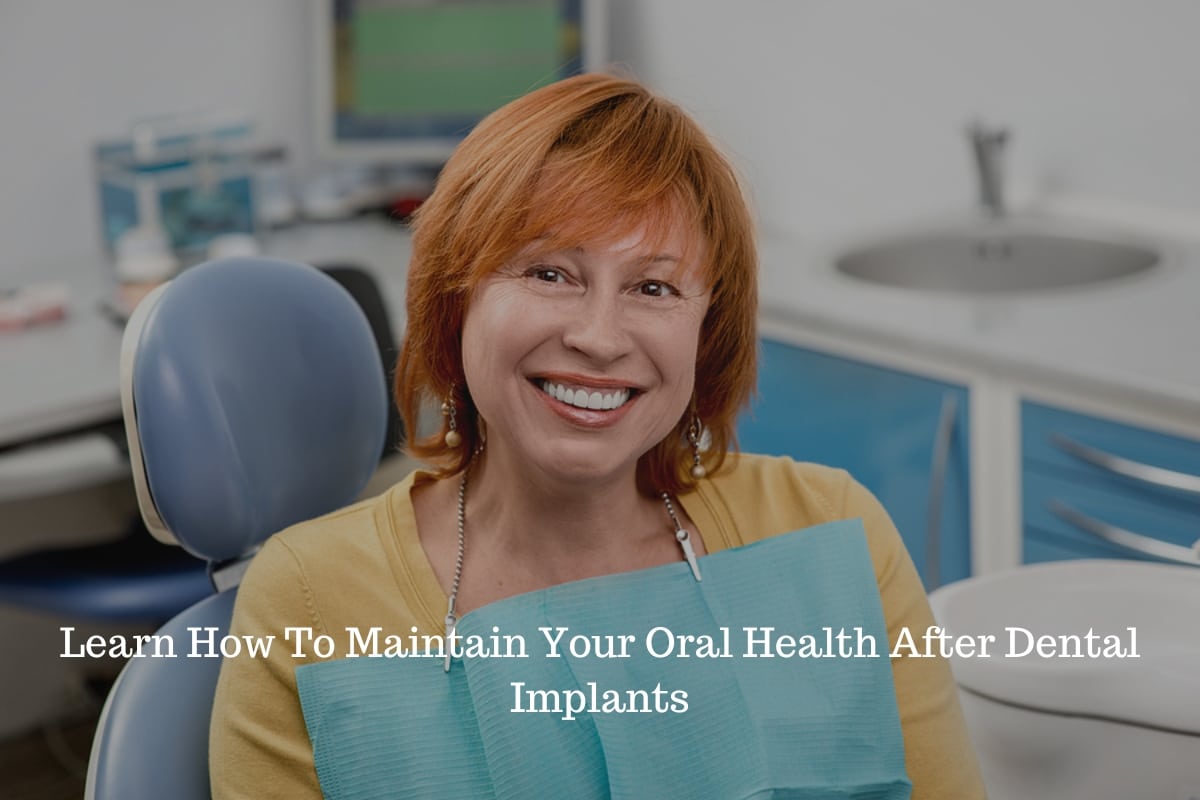
Dental implant surgery is a transformative procedure that restores missing teeth and rejuvenates smiles. However, the success of the surgery relies not only on the skill of the surgeon but also on the patient’s diligent post-operative care. Understanding what to avoid after dental implant placement surgery is crucial for ensuring proper healing and long-term success.
Dental implants are titanium posts surgically implanted into the jawbone to support artificial teeth. While the procedure has a high success rate, it’s essential to avoid certain activities and habits during the recovery period to minimize complications and promote healing. By adhering to specific guidelines and precautions, patients can enhance their recovery experience and increase the likelihood of achieving a healthy, functional, and aesthetically pleasing outcome.
In this blog, we’ll delve into five key points that individuals should keep in mind during their recovery journey, emphasizing the importance of responsible post-operative behavior to optimize outcomes. Let’s explore the dos and don’ts post dental implant surgery to ensure a smooth and successful recovery process.
Avoiding Physical Strain
Dental implant surgery involves the placement of implants into the jawbone, which requires sufficient time for the bone to heal and integrate with the implants. Engaging in strenuous physical activities during the initial recovery period can disrupt this healing process and increase the risk of complications such as implant failure or delayed healing.
- Avoid lifting heavy objects or performing intense exercises that may strain the jaw or cause excessive movement in the surgical area.
- Take adequate rest and limit physical exertion to allow the body to focus its energy on the healing process.
- Consider modifying your daily routine to avoid activities that involve bending or twisting motions that could impact the surgical site.
Tips for avoiding physical strain during the recovery period:
- Plan ahead and enlist the help of friends or family members for assistance with household chores or errands.
- Use caution when performing daily activities such as brushing your teeth or getting out of bed to minimize strain on the surgical area.
- Follow your dentist or surgeon’s recommendations regarding activity restrictions and gradually resume normal activities as advised.
Proper Oral Hygiene Practices
Maintaining optimal oral hygiene is essential for promoting healing and preventing infections following dental implant surgery. The surgical site is susceptible to bacterial colonization, which can lead to complications such as peri-implantitis or implant failure if proper hygiene practices are not followed consistently.
- Brush your teeth gently using a soft-bristled toothbrush and non-abrasive toothpaste to avoid irritating the surgical area.
- Use an antimicrobial mouthwash recommended by your dentist to help reduce bacteria and promote healing.
- Avoid smoking or using tobacco products, as they can impair healing and increase the risk of complications.
Recommended oral hygiene practices and products to use:
- Rinse your mouth with warm saltwater several times a day to help keep the surgical site clean and reduce inflammation.
- Avoid using straws or spitting forcefully, as these actions can dislodge blood clots and disrupt the healing process.
- Schedule regular follow-up appointments with your dentist or oral surgeon for professional cleaning and monitoring of your implant site.
Dietary Restrictions
Following dental implant surgery, it’s essential to adhere to dietary restrictions to support healing and minimize the risk of complications. Certain foods and beverages can irritate the surgical site or pose a risk of infection, so it’s important to choose soft, easy-to-eat options during the initial recovery period.
- Avoid hard, crunchy, or sticky foods that could dislodge blood clots or put pressure on the surgical area.
- Steer clear of hot or spicy foods that may cause discomfort or irritation, particularly in the immediate days following surgery.
- Limit consumption of alcohol and caffeine, as these substances can interfere with healing and may increase the risk of bleeding or complications.
Nutritional guidelines for promoting healing and minimizing discomfort:
- Focus on consuming a balanced diet rich in vitamins, minerals, and protein to support tissue repair and immune function.
- Incorporate soft, nutrient-rich foods such as soups, smoothies, yogurt, mashed potatoes, and cooked vegetables into your diet.
- Stay hydrated by drinking plenty of water throughout the day, but avoid using straws, as they can dislodge blood clots and impede healing.
Medication Management
Proper management of prescribed medications is crucial for managing pain, reducing inflammation, and preventing infection after dental implant surgery. Following your dentist or surgeon’s instructions regarding medication use is essential for a smooth recovery and optimal outcomes.
- Take prescribed pain medications as directed to manage discomfort and promote restful healing.
- Follow any antibiotic prescriptions to prevent infection and ensure proper healing of the surgical site.
- Use over-the-counter pain relievers such as ibuprofen or acetaminophen as recommended by your healthcare provider to supplement prescription pain medications if needed.
Common medications prescribed after dental implant surgery and their purposes:
- Antibiotics: To prevent or treat infection at the surgical site.
- Analgesics (pain relievers): To alleviate post-operative pain and discomfort.
- Anti-inflammatory medications: To reduce swelling and inflammation around the implant site.
- Mouthwash or oral rinses: To maintain oral hygiene and promote healing of the surgical area.
Avoiding Smoking and Alcohol
After dental implant surgery, smoking and alcohol consumption can significantly hinder the healing process and increase the risk of complications. Smoking restricts blood flow, impairs immune function, and delays tissue healing, while alcohol can interfere with medications and contribute to dehydration.
- Smoking increases the likelihood of implant failure and complications such as infections and delayed healing.
- Alcohol can thin the blood, increase bleeding, and impair the body’s ability to heal properly, leading to prolonged recovery times and increased discomfort.
Tips for quitting smoking and reducing alcohol intake during recovery:
- Seek support from friends, family, or healthcare professionals to quit smoking before and after surgery.
- Consider nicotine replacement therapy or other smoking cessation aids to help manage withdrawal symptoms and cravings.
- Avoid social situations or environments where smoking or alcohol consumption is prevalent to reduce temptation and support recovery.
- Engage in alternative activities or hobbies to distract from cravings and reduce stress during the recovery period.
- Stay hydrated with water or non-alcoholic beverages to promote healing and minimize the effects of alcohol on the body.
Follow-Up Care and Monitoring
After dental implant surgery, attending follow-up appointments with your dentist or oral surgeon in Midwest City is crucial for monitoring your recovery progress and ensuring optimal healing. These appointments allow your healthcare provider to assess the implant site, address any concerns or questions you may have, and make any necessary adjustments to your treatment plan.
- Schedule and attend all recommended follow-up appointments as advised by your dental provider.
- Be prepared to discuss any changes or concerns you have noticed since the surgery, such as increased pain, swelling, or unusual symptoms.
- Your dentist or oral surgeon will evaluate the healing process, monitor the stability of the implants, and provide guidance on oral hygiene practices and dietary restrictions.
- These appointments also offer an opportunity to address any questions or uncertainties you may have about your recovery or long-term dental care.
It’s essential to be aware of potential complications following dental implant surgery and know when to seek immediate medical attention. Watch for signs such as persistent pain, excessive bleeding, swelling, or signs of infection, such as fever or pus discharge from the surgical site. If you experience any concerning symptoms or complications, contact your dental provider promptly for further evaluation and management. Early intervention can help prevent complications and ensure the success of your dental implants treatment.
Adhering to post-surgery guidelines is essential for successful dental implant recovery. By avoiding physical strain, maintaining proper oral hygiene, following dietary restrictions, managing medications, abstaining from smoking and alcohol, and attending follow-up appointments, you can ensure a smoother recovery process and optimal long-term outcomes.




